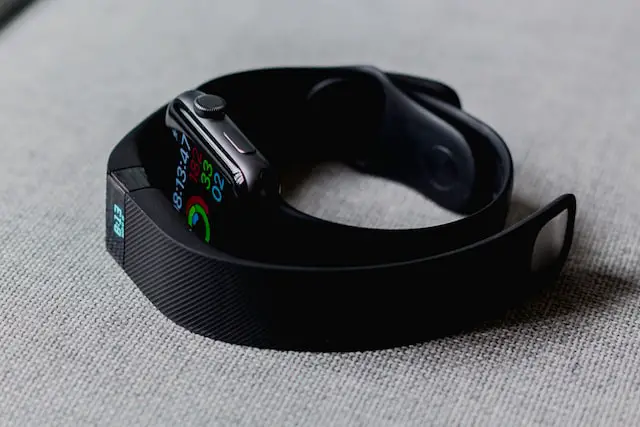Fitbit is a wearable electronic device that helps people track their activity and health, and monitor their fitness levels. Fitbits come in the form of smartwatches, pedometers and trackers.
Fitbits have become incredibly popular in recent years, and it’s not just fitness fanatics who are using them! Everyday people trying to lose weight or achieve a fitness goal are also a Fitbit target market.
In this article, we will discuss the different types of people who make up this market and understand the reasons that attract them to this very useful fitness tracker.
Who is the Fitbit Target Market?
To best understand the Fitbit target market products we will segment the market based on the reasons why people buy fitness trackers like Fitbit.
Using this segmentation process we get the following main market segments:
- People who want to improve their health
- People who want to improve their fitness performance
- People who want to achieve a specific fitness level
- People training for a sports event
- People who are monitoring a health condition
Let’s look at each of these Fitbit target market segments in some detail.
#1. People who want to improve their health
One of the main reasons anyone buys a fitness tracker like Fitbit is because they want to improve their health and would like to track their progress.
This Fitbit target market includes people who are starting to feel the effects of age and want to stay in shape. They will buy a Fitbit tracker and use it when working out at home or in a fitness center.
It also includes people who have been diagnosed with a medical condition and have been advised by their doctor to get more exercise and track themselves.
By tracking their health improvements, they can better monitor their condition and make appropriate changes to their lifestyles.
#2. People who want to improve their fitness performance
This group of people includes those who want to improve their performance and need a fitness tracker to track this improvement.
This could include athletes who are looking for an edge over their competition, or people who simply want to be the best they can be at their chosen sport or activity.
People in this group will use their Fitbit to track their progress and see how they are performing against their own goals. Additionally, they may even use a fitness app to help them analyze their data and compare it with peers.
#3. People who want to achieve a specific fitness level
One of the benefits of using a Fitbit device is that it can help people to achieve a specific fitness level.
This could be someone who has never exercised before and wants to get fit, or it could be someone who used to be fit and wants to get back to that level.
A Fitbit can help people in this group to set goals and track their progress. Additionally, it can provide motivation to keep going when they see how far they have come.
People in this group may also use a fitness app to help them achieve their goals and track their progress.
#4. People training for a sports event
When athletes train for a sports event, they need to track their progress and make sure they are on track.
For instance, a swimmer training for a triathlon will need to track their swimming, biking and running times. A runner training for a marathon will need to track their mileage and pace.
This segment of the Fitbit target market looks for a tracker that will help them set goals, train effectively, track progress, and ultimately help them reach their goals.
#5. People who are monitoring a health condition
Some of the features of a Fitbit device include the ability to track heart rate and sleep patterns.
This is useful for people who are monitoring a health condition and need to track certain data points.
For instance, someone with high blood pressure may use a Fitbit to track their heart rate and see how it changes throughout the day. Someone with sleep apnea may use a Fitbit to track their sleep patterns and see how many times they stop breathing during the night.
This segment of the Fitbit target market is less interested in the fitness features and more interested in the health monitoring features of their Fitbit device.
Conclusion
Fitbit is a company that makes fitness trackers and other wearable devices.
The Fitbit target market includes people who want to improve their health and want to track these improvements. Likewise, it includes people who want to improve their fitness performance and/or achieve a specific fitness level.
Similarly, athletes training for a sports event can use a Fitbit device to monitor their training and key health metrics leading up to the event.
Finally, people with a health condition could use Fitbit to track vital health metrics and monitor their condition.
